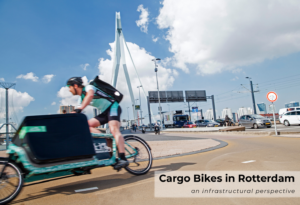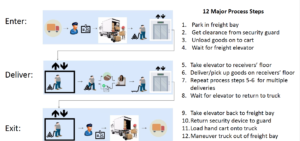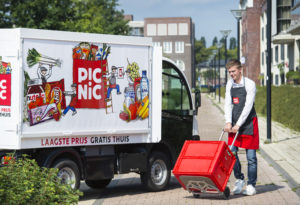Monthly archives: April, 2018
NexTrust pilot on London with fully electric refrigerated vehicles

Since October 2017, NexTrust has been trialling a sustainable commercial delivery arrangement for chilled products and fresh produce in the centre of London. The pilot aims to consolidate multiple deliveries of these products onto fully electric refrigerated (1 to 5◦C) vehicles to reduce congestion and toxic emissions in London.
TU Eindhoven (NL) introduces City Logistics Game
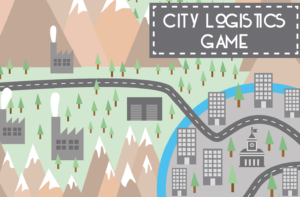
The ConCoord City Logistics Game is a six-player game designed as part of the ConCoord project. The project focuses on Consolidation and Coordination of urban freight distribution flows, that are currently fragmented. By consolidating these fragmented volume flows in City Hubs, a physical space where freight can be delivered and bundled again for delivery in …
Brisqq (UK) is offering local-for-local same day delivery network to retailers

London based Brisqq provides local logistics-as-a-service, enabling retailers to offer same day (or later date) deliveries and returns in 1-hour time slots (chosen by the customer). Their technology takes the pain out of delivery for retailers by connecting them with local, crowdsourced, freelancers, providing 100% visibility over deliveries and state-of-the-art security features.
Seattle Urban Freight Lab: the Final 50 Feet Program
October 11-12, 2018: e-groceries, digitalization and sustainability
Berlin based ImagineCargo to start network of city hubs
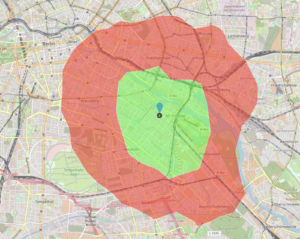
In a growing urban logistics market transportation companies are struggling to effectively change their operation to be smarter and more flexible but at the same time more sustainable. There is a lack of smaller (white label) city hubs suited for smaller and more sustainable delivery vehicles such as cargo bikes and light electric vehicles.
City Logistics Conference 2019: June 12-14, 2019 in Dubrovnik
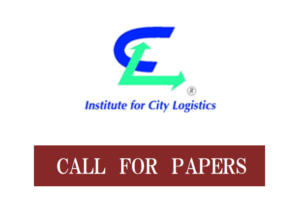
The Eleventh International Conference on City Logistics will be held at Valamar Dubrovnik President hotel in Dubrovnik, Croatia on June 12-14 2019. Urban freight transport has become an important issue in urban planning. There are many challenges and problems relating to increasing levels of traffic congestion, environmental impacts, and energy conservation.

